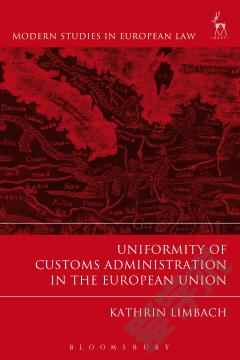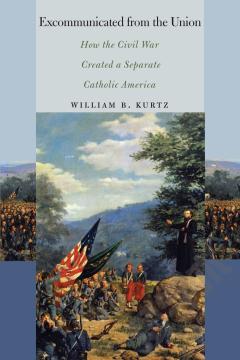The Customs Union Issue
Acknowledgements Preface by Gene Grossman Foreword by George A. Finch Introduction by Paul Oslington I. Introduction II. The Compatibility of Customs Union with the Most-Favored-Nation Principle 1. The Criteria of a "Customs Union" 2. Diplomatic Controversies Arising out of Most-Favored-Nation obligations of Members of Customs Unions 3. The Most-Favored-Nation Principle Not a Serious Barrier to Customs Unions III. Exemption from Most-Favored-Nation Obligations of Preferential Arrangements other than Customs Union 1. Imperial Preference 2. Regional Agreements 3. Plurilateral Agreements IV. The Economics of Customs Unions 1. Customs Union as an Approach to Free Trade 2. Customs Union and the "Terms of Trade" 3. Administrative Economies of Customs Union 4. Revenue Duties 5. The " of the Customs Union Tariff 6. Increased Tariff Protection as the Major Economic Objective of Customs Unions 7. Cartels in Relation to Customs Unions 8. The Allocation of Customs Revenues V. Political Aspects of Customs Unions 1. The Location of Administrative Authority in Customs Unions 2. Customs Union and Neutrality Obligations 3. Customs Union and Political Unification 4. The Austro-German Treaty of 1918 VI. The Havana Charter and Customs Union 1. The Most-Favored-Nation Principle 2. Exemptions from Most-Favored-Nation Obligations of Customs Unions, Free-Trade Areas, and Interim Agreements 3. Exemptions from Most-Favored-Nation Obligations of Agreements in the Interest of Economic Development, Including Regional Agreements 4. Relations with Non-Members 5. Significance of the Havana Charter for the Customs Union Question VII. Prospects for Customs Unions 1. Customs Unions Now in Operation or in Active Process of Negotiation 2. Customs Union in Western Europe 3. Obstacles to the Formation of Customs Unions Bibliography Index
{{comment.content}}








 京公网安备 11010802027623号
京公网安备 11010802027623号